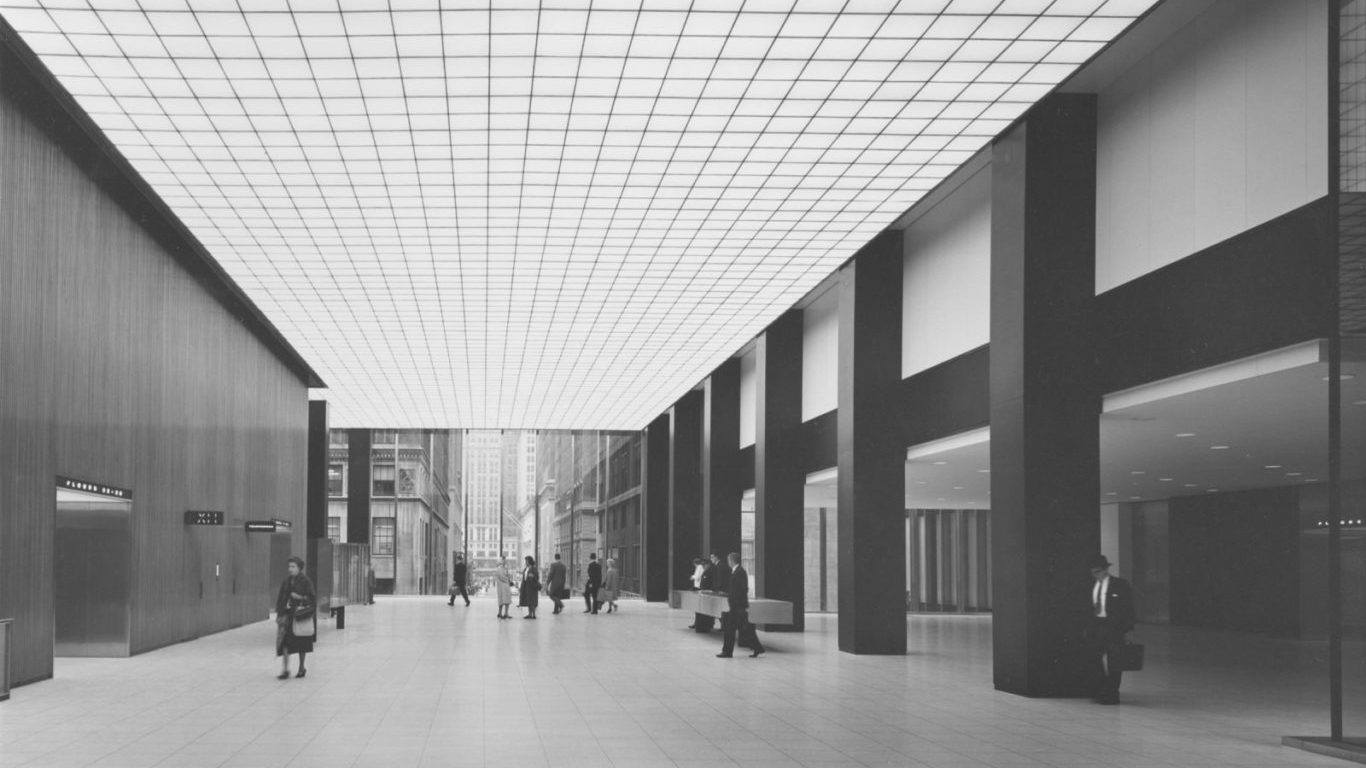Steve Reich’s Quartet: Music for Two Vibraphones and Two Pianos
In his 1968 essay, Music as a Gradual Process, Steve Reich (b. 1936) wrote, “I am interested in perceptible processes. I want to be able to hear the process happening throughout the sounding music.” An American composer at the forefront of minimalism, Reich’s early process music involved repeated fragments of recorded conversation played on tape loops, one of which gradually moved out of sync in a phasing technique. Later came instrumental phase …







